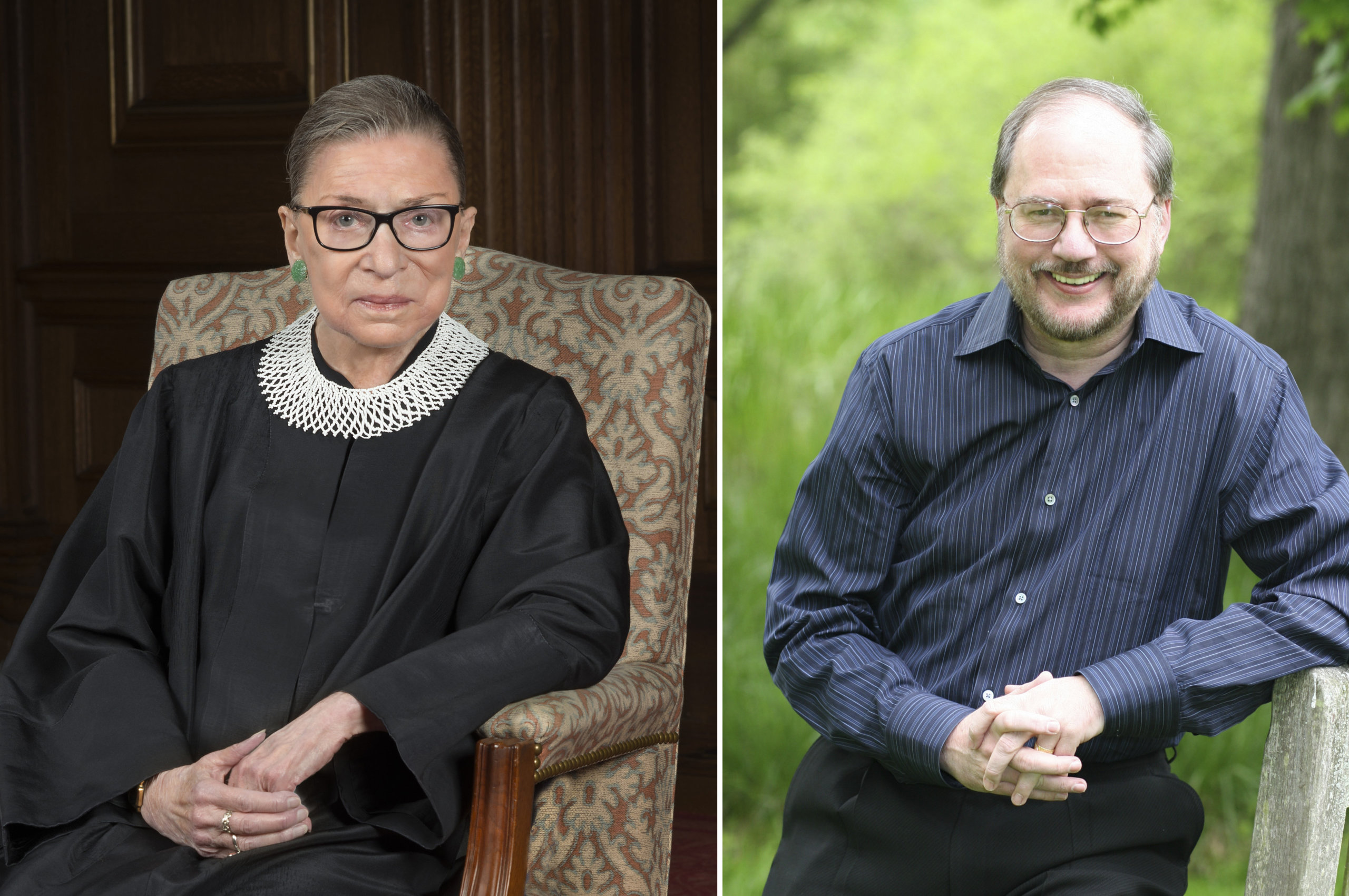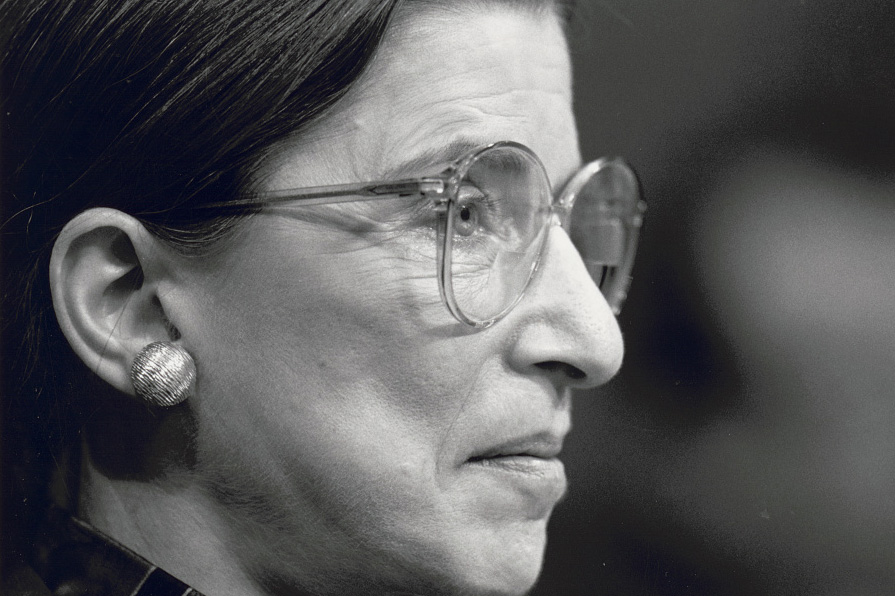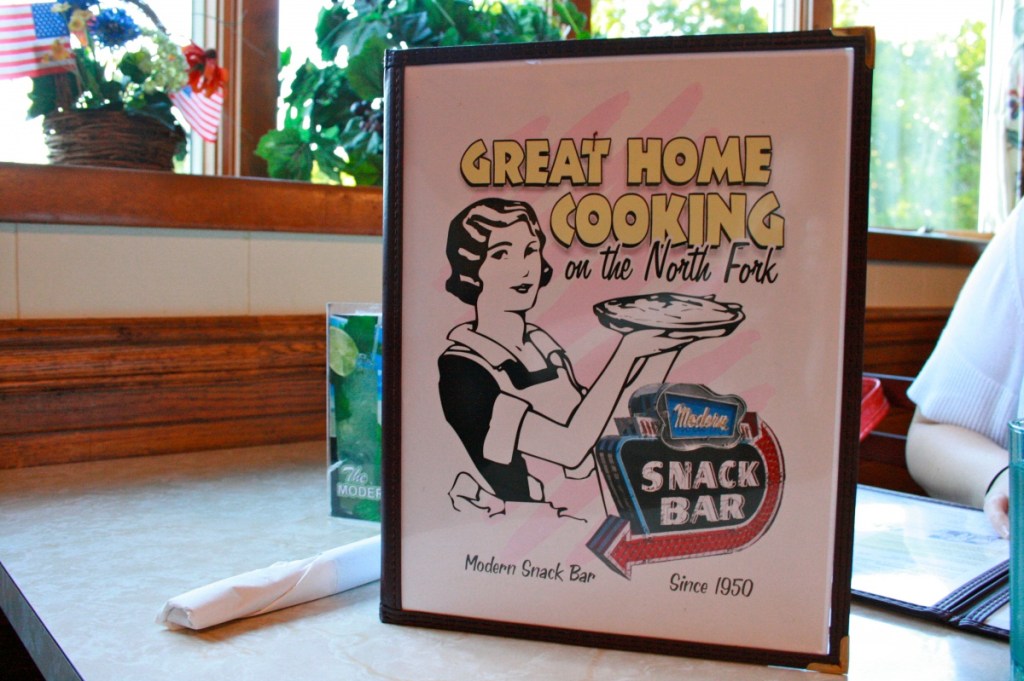Ruth Bader Ginsburg's Story Comes to the Bay Street Stage

Bay Street Theater’s Literature Live! program is known among the East End’s educators and theater enthusiasts as their annual educational show that brings classic books from The Great Gatsby to A Raisin in the Sun to life for students and adults alike.
The 2022 selection is an exciting deviation from the expected: the New York premiere of Tony-winning playwright Rupert Holmes’ All Things Equal: The Life & Trials of Ruth Bader Ginsburg.
All Things Equal is a one-woman show directed by Laley Lippard and starring Michelle Azar as Supreme Court Justice Ruth Bader Ginsburg (RBG). In this 90-minute performance, running November 3–27, RBG will regale the audience with the fascinating story of her life before and during her pivotal role as a U.S. Supreme Court justice — fighting for the rights of women (and men) in the 1970s and beyond.
Ginsburg’s death on September 18, 2020 and the internet’s reaction shortly after inspired Holmes to delve into her history for himself to find out who she was beyond her iconic persona. “It was my own curiosity, my own desire to get to know her that drove a lot of my writing,” he says of the show’s development.
“Mainly, I wanted to see if I could make sure that after her death, she didn’t become a meme, that she didn’t become just a one-liner and that her entire valiant life — I don’t often throw that word around — did not somehow become a cartoon drawing.”
As Holmes conducted his in-depth research, he was fascinated to learn of the seemingly insurmountable hurdles Ginsburg overcame to become the woman millions revered.
“She was ahead of her time — one of nine women who were able to get in (to Harvard Law School) … raising a 3-year-old daughter … and her husband was fighting cancer and she had to take care of him and take care of the classes he was missing while he was fighting cancer as a young man. While she was doing that, she was magna cum laude at Harvard,” he says, emphasizing that during this time, she essentially functioned as Martin Ginsburg’s primary professor while juggling her own classes and their child. “She had a lifelong love affair with her husband, and they were a wonderful team.”

Despite her impressive academic standing at Harvard, Ginsburg still faced the all-too-common struggles that many working women faced at the time (and still do).
“When she talked about the three strikes against her, strike three as a working attorney was having a daughter. She was the argument people made for not having women become attorneys,” Holmes says.
Strikes one and two, according to Ginsburg were being Jewish and a woman. “She could have lived a very different life but fought to go against the grain almost all of her life.”
Another point of characterization Holmes discovered about Ginsburg was her devotion to honoring the spirit of her late mother, who died the day Ginsburg graduated as valedictorian of her Brooklyn high school.
“She considered the miracle of this country that it only took one generation to go from a mother who had to work in the Garment District and who was just as bright as she was but never had any hope of going to college,” Holmes explains. “And I think she did a lot of this to honor her mother, vindicate her mother and live out her mother’s hopes for her.”
These stories add to the double meaning of the play’s subtitle “The Life & Trials of Ruth Bader Ginsburg” and grant audiences a more complex, realistic view of the notorious RBG.
“I’m not just talking about the court room trials, I’m talking about the trials and tribulations of her life,” Holmes clarifies. “I wanted to make the play as if you had a chance to sit with her over a cup of coffee and talk about things — not within the context only of legal landmark decisions and landmark dissents — just to get a sense of the human being.”
Holmes goes on to explain that his vision for this staged biography only works as a live one-woman show, with no fourth wall or other characters to force the audience into the role of observer, disconnected from the intended one-on-one conversation with Ginsburg.
“You need live people to come in and have an experience with a play, and I thought I might be able to do that with her. I thought her life was inspiring enough but also human enough that you could really come away from the evening having a deeper sense of what motivated her, what inspired her, what thrilled her,” he says. “You can make a connection with an audience as if it is a conversation, as if you are confiding in them, as if you’re making yourself vulnerable to them, as if you’re trying to see what you have in common. And I’m finding — more than any play I’ve ever written — audiences are connecting with her so solemnly that they talk to her.”
This suspension of disbelief to the point of conversation and the success of this show thus far are a testament to Azar’s acting, which captures the determination, courage and “wry sense of humor” that Ginsburg was known for.
“Michelle Azar is a remarkable actor and is doing something quite miraculous,” Holmes says. “It’s not an impersonation … she’s channeling her spirit. I think she has a lot in common with RBG, and I think it’s an incredibly human, authentic and deeply rooted portrayal.”
For tickets to All Things Equal: The Life & Trials of Ruth Bader Ginsburg, call 631-725-9500 or visit baystreet.org.



